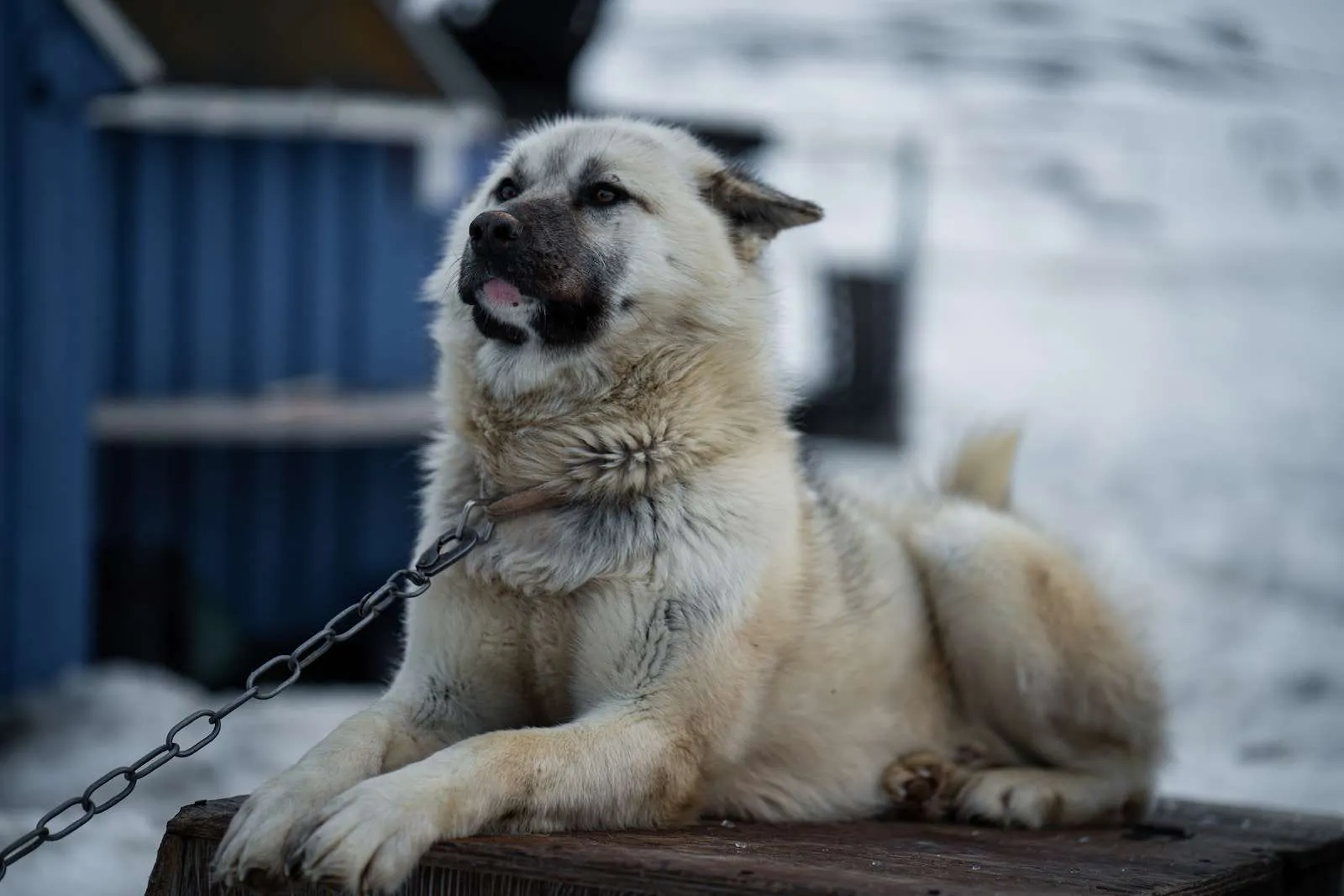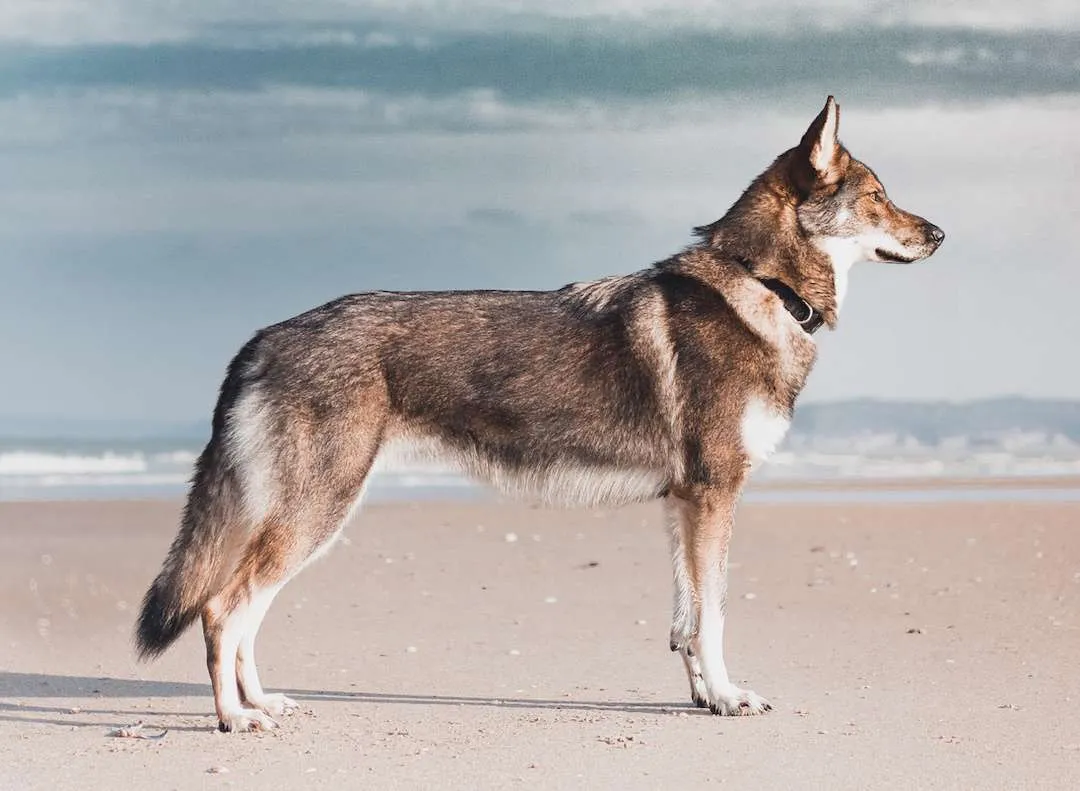Statistics:
- Height: 13 to 16 inches (male and female)
- Weight: 14 to 27 pounds (male and female)
- Life Span: 12 to 14 years
- Diet: A well-balanced diet that includes high-quality dog food with the right mix of proteins, fats, and carbohydrates suitable for their age and activity level.
Shetland Sheepdog Overview:
The Shetland Sheepdog, affectionately known as the “Sheltie,” is a small to medium-sized herding dog breed originating from the Shetland Islands of Scotland. Bred to herd and protect livestock, the Sheltie is highly intelligent, agile, and obedient, making it a popular choice as a working dog as well as a loyal family companion. With its elegant appearance, sharp intellect, and affectionate nature, the Sheltie has charmed its way into the hearts of dog lovers worldwide.
Shetland Sheepdog Highlights:
- Herding Instinct: The Sheltie’s herding instinct is strong, and they may display behaviors such as “eyeing” or “nipping” at heels, even with family members, as it’s an ingrained part of their heritage.
- Intelligence: The Shetland Sheepdog is one of the most intelligent dog breeds, making them quick learners and highly trainable.
Shetland Sheepdog Evolution and History:
The Shetland Sheepdog’s history is intertwined with the Shetland Islands’ rural life, where they were developed to handle the challenging terrain and work with small livestock like sheep and ponies. The breed is believed to have descended from Scottish herding dogs brought to the islands by Vikings in the 9th century. Over time, the Sheltie was crossed with other breeds like the Rough Collie and the Icelandic Sheepdog to enhance its herding and protective abilities. The Sheltie’s popularity grew outside the Shetland Islands during the 19th and 20th centuries, and it was recognized by the American Kennel Club (AKC) in 1911.
Shetland Sheepdog Size and Weight:
The Shetland Sheepdog is a small to medium-sized breed, with males and females standing between 13 to 16 inches at the shoulder. Their weight typically ranges from 14 to 27 pounds, with females generally being slightly smaller than males.
Shetland Sheepdog Personality:
Shelties are known for their loyal and affectionate nature towards their families. They are often reserved with strangers, but once they bond with their human companions, they form deep attachments. This breed is highly sensitive and can be affected by changes in their environment or family dynamics.
The Adaptability of the Shetland Sheepdog:
The Shetland Sheepdog can adapt well to different living situations, including apartments, as long as their exercise and mental stimulation needs are met.
Shetland Sheepdog Temperament:
The Sheltie is intelligent, alert, and eager to please, which contributes to their friendly and gentle temperament. They get along well with children and other pets if properly socialized from an early age.
Shetland Sheepdog Maintenance and Grooming:
The Sheltie has a beautiful double coat consisting of a long, straight outer coat and a soft, dense undercoat. They shed moderately throughout the year, with heavier shedding occurring during seasonal changes. Regular grooming, including brushing and occasional bathing, is necessary to keep their coat in top condition.
The Trainability of the Shetland Sheepdog:
Shelties are highly trainable due to their intelligence and desire to please their owners. Positive reinforcement methods, using treats and praise, work best for their training sessions.
Exercise Needs of the Shetland Sheepdog:
Despite their small size, Shelties have moderate to high exercise requirements. They enjoy daily walks, interactive play sessions, and mental stimulation activities to keep them physically and mentally fit.
Shetland Sheepdog Health:
Overall, Shelties are considered a healthy breed. However, they may be prone to certain health issues, including:
- Collie Eye Anomaly (CEA): A genetic eye disorder that can lead to vision impairment or blindness.
- Hip Dysplasia: A hereditary condition affecting the hip joints, which can lead to mobility issues and arthritis.
- Dermatomyositis: An inherited skin disease that can cause skin lesions and muscle inflammation.
Shetland Sheepdog Care:
Routine veterinary check-ups, a balanced diet, regular exercise, and proper grooming are vital to maintaining the health and well-being of Shelties.
Shetland Sheepdog Feeding:
Providing high-quality dog food suitable for their age, size, and activity level is essential for the Sheltie’s overall health and well-being.
Shetland Sheepdog Coat Color and Grooming:
Shelties come in various coat colors, including sable, black, and blue merle. Their double coat requires regular grooming to prevent matting and reduce shedding.
Shetland Sheepdog and Children:
Shelties are generally good with children, being gentle and playful. However, early socialization and supervision during interactions are crucial for a harmonious relationship.
Shetland Sheepdog and Other Pets:
With proper socialization, Shelties can get along well with other pets, including dogs and cats.
Similar Dogs:
- Collie: The Shetland Sheepdog and Collie share similar ancestry and physical appearances, both being herding dogs known for their intelligence and loyalty. They are often compared due to their close relationship and similar working backgrounds.
- Border Collie: Like the Sheltie, Border Collies are highly intelligent herding dogs. Both breeds are known for their agility and trainability, excelling in obedience and various dog sports. Their herding instincts and love for activities make them similar in temperament and exercise needs.

